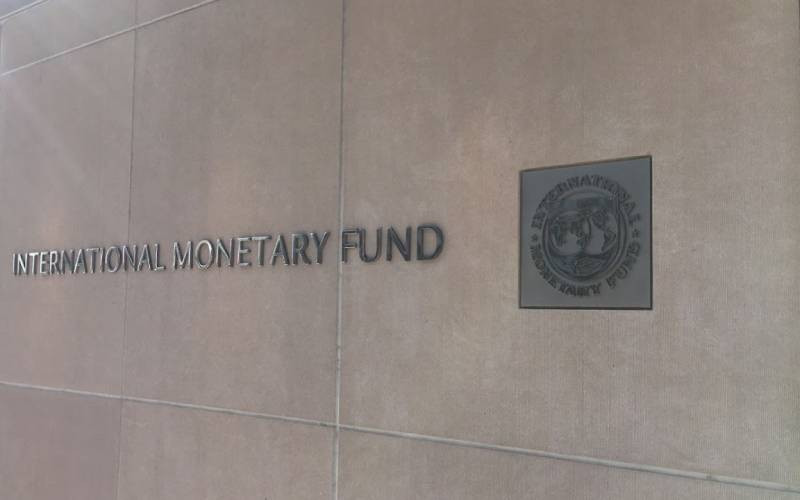×
The Standard e-Paper
Join Thousands Daily

The International Monetary Fund (IMF) has dissociated itself from the World Uncertainty Index (WUI) report that put Kenya’s investment environment as the second most uncertain in the world.
In a statement posted on its website, the IMF said that while the WUI has been generated by two of its employees, it is not part of its publications.







